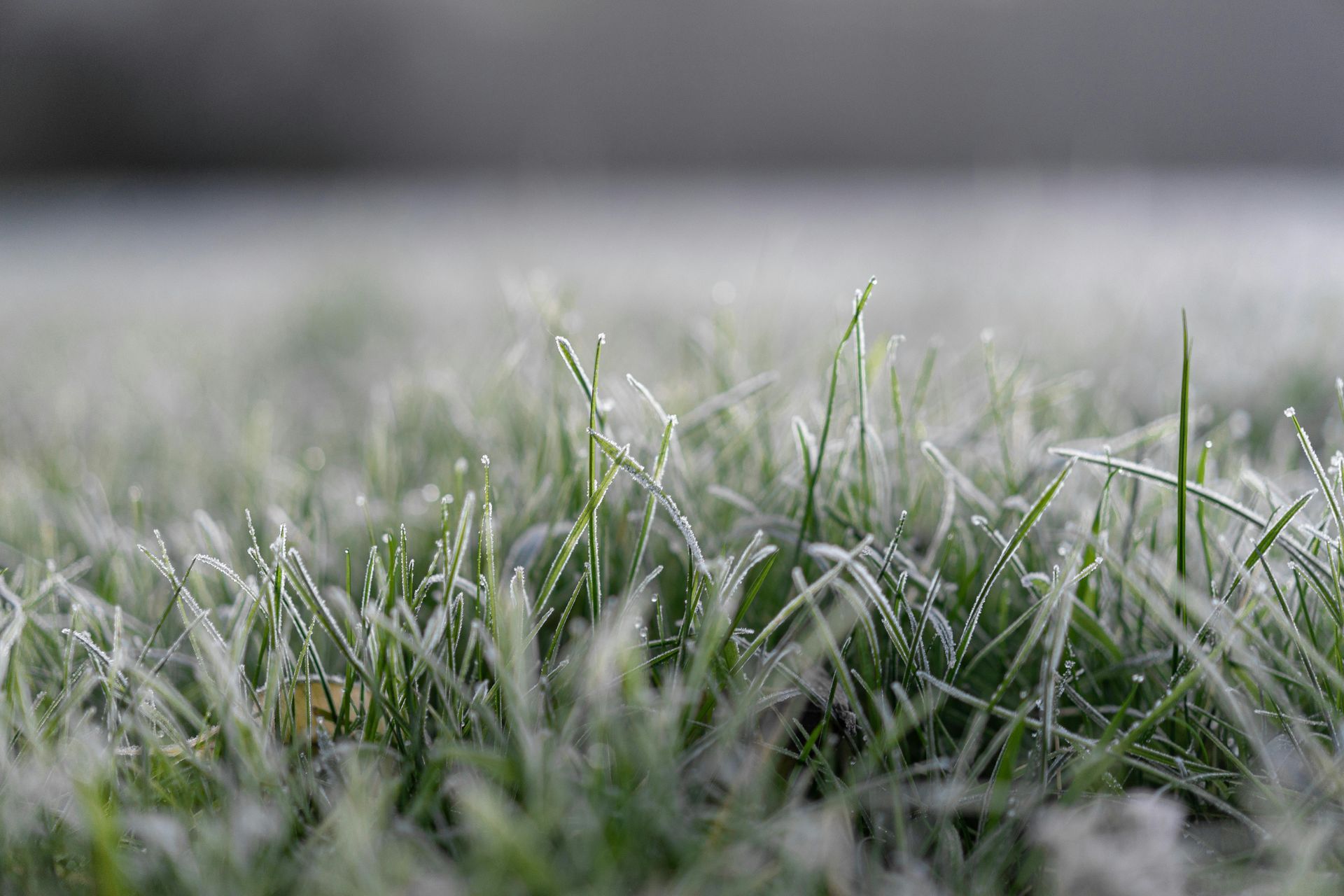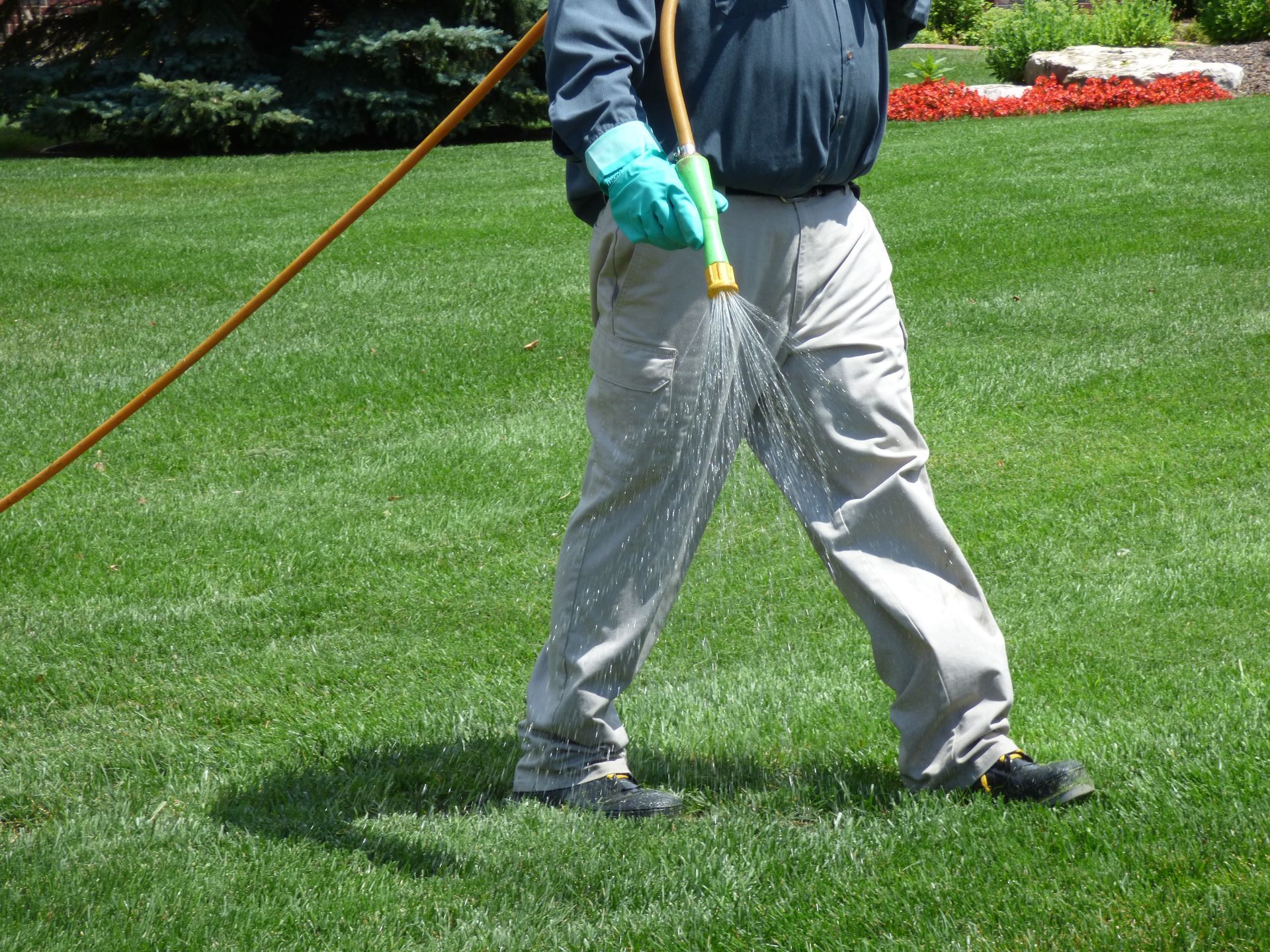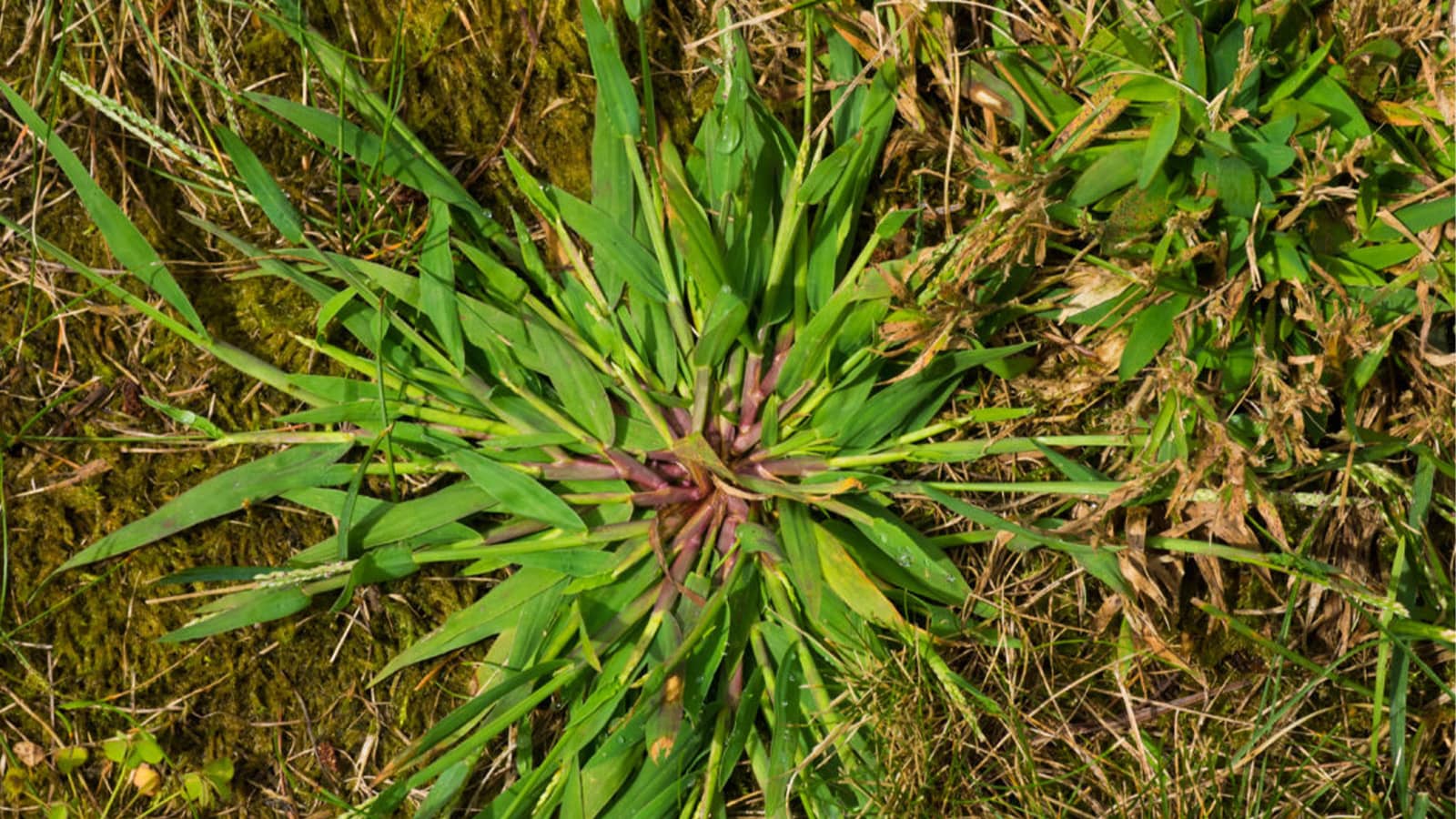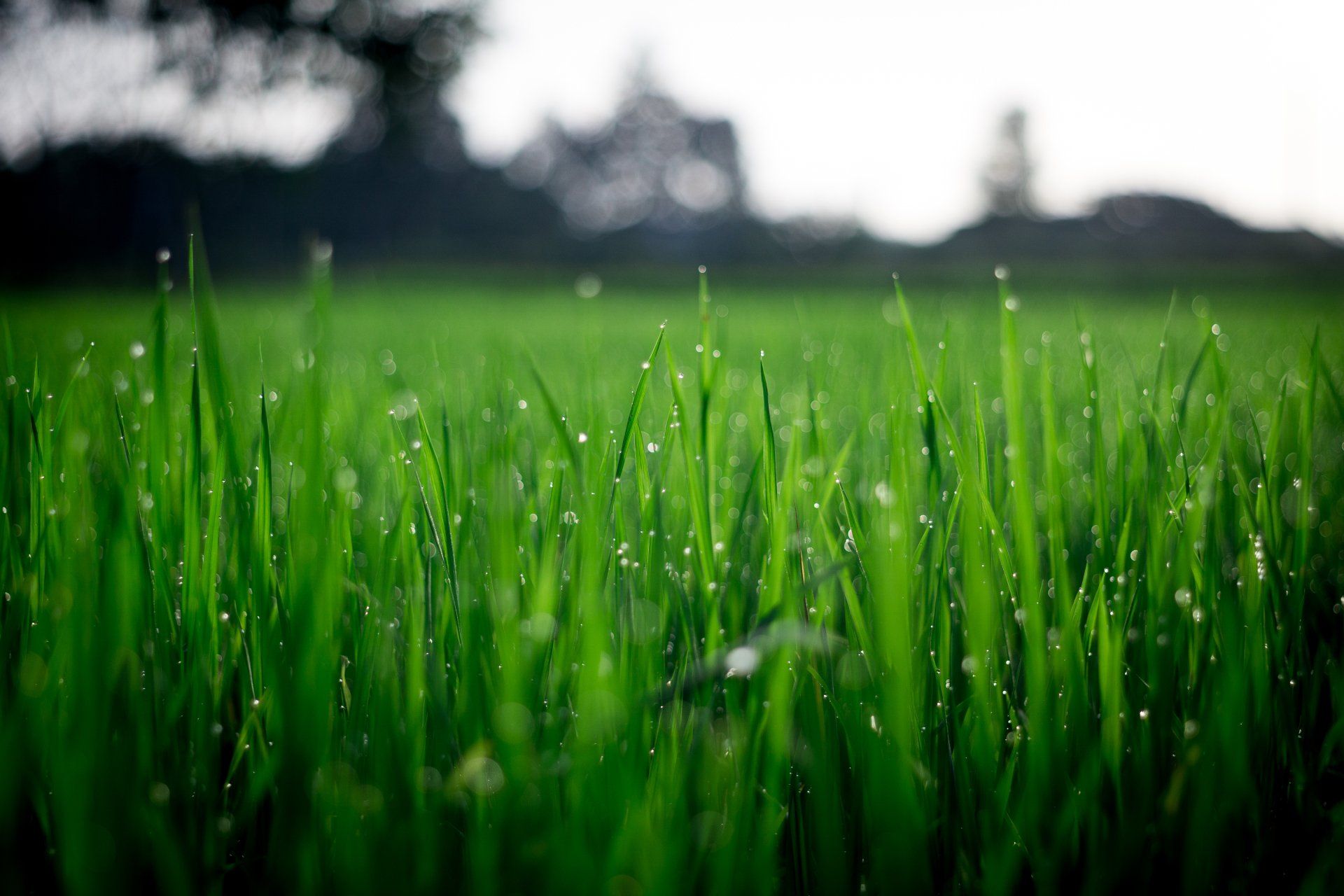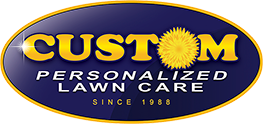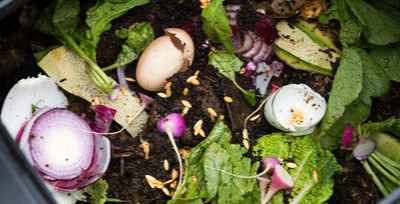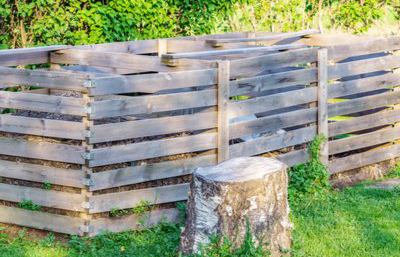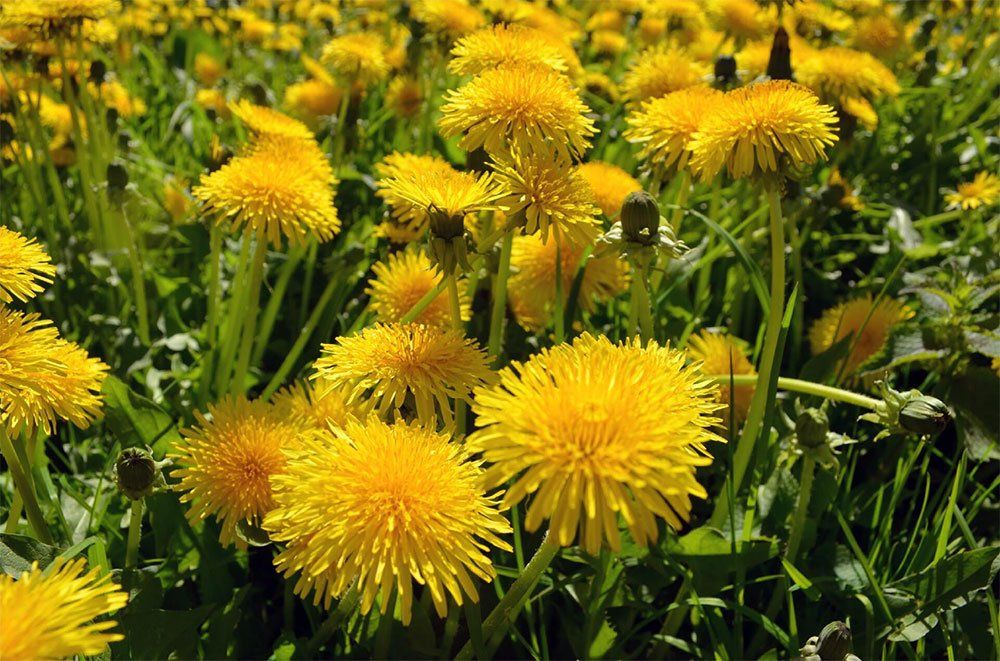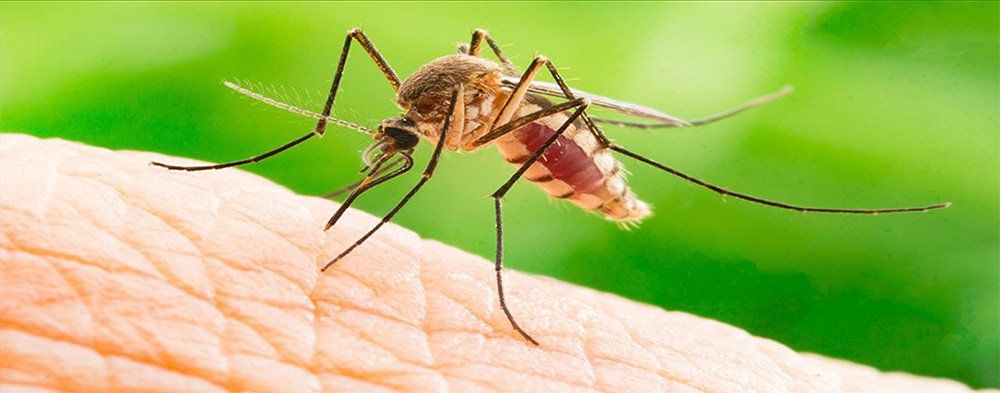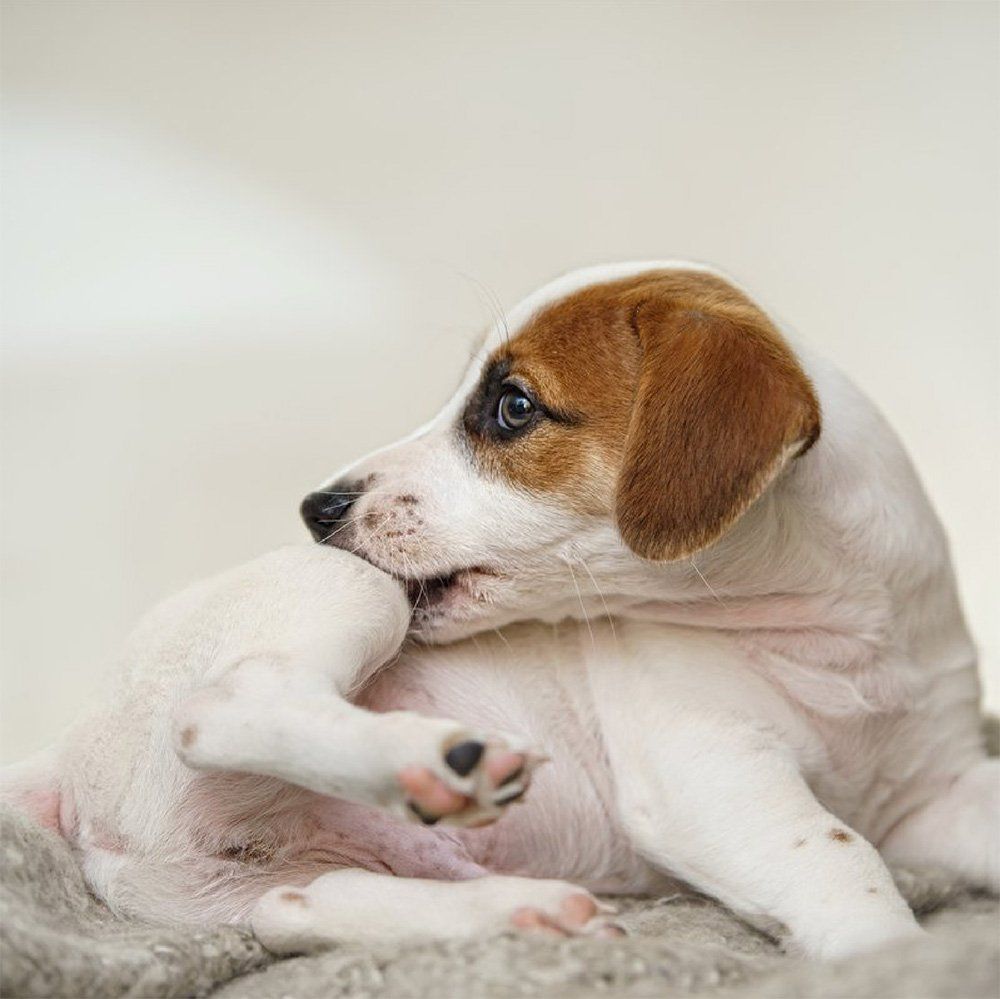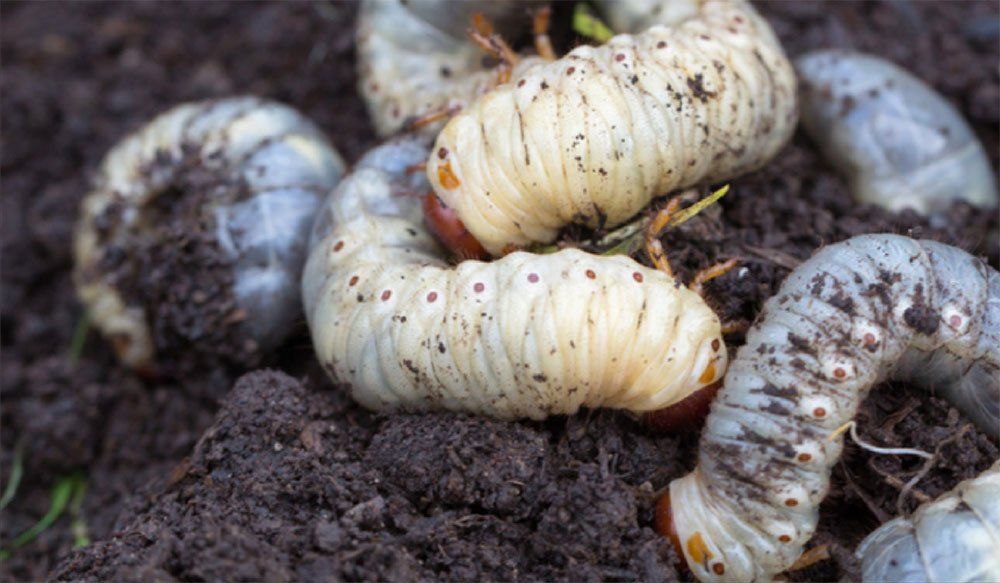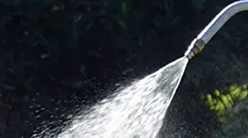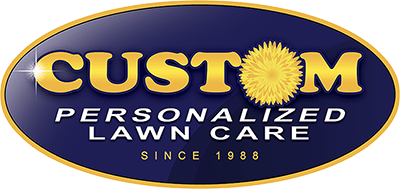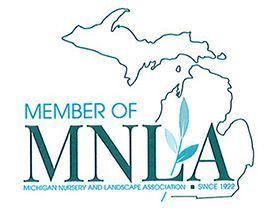Backyard Composting Tips
If you have the room, composting is a great way to reduce the amount of waste your produce while making your very own fertilizer to give back to the Earth. It’s fun, it’s easy, and the best part is it’s cheap. All you need is your green waste and a place to store it.
Traditional Compost Bins
A compost bin can be as simple as a trash can with holes drilled in it or you can buy pre-made ones at your local hardware store. No matter how much you spend, they essentially work the same. You place green waste and other organic matter into the bin and let nature take its course. This method is great for both urban and rural areas.
Open-Air Composting
A more suitable option for those of us that live on farms or have acreage to accommodate it is open-air composting. Open-air composting is faster than using a bin. All you need to do is designate an area and construct a three-sided box out of wood or plastic. Open-air composting can accommodate a larger amount of waste and make the whole process much faster, which means you can use the rich fertilizer much sooner. On the other side, open-air compost piles can stink, and the odor may be too much to bear. This method is not recommended for people living in urban settings.
The Three-Bin Method
This method uses three separate bins for a composting system that is more effective and efficient than any other form. The process begins in the first bin, where fresh materials are placed. After a few weeks, the first bin’s compost is transferred to the second bin to decompose further. New compost is then placed in the first bin. After a few more weeks, the process continues by placing bin two’s contents into container three, where it will decompose into usable fertilizer. This method allows you to create your own organic fertilizer faster by now, allowing it to build up into a large heap. The only downside is that this method requires a lot of work on your part.
Get The Right Balance
To get the most out of your compost, you need to have the right balance of carbon, nitrogen, and water. These elements are found in what are called green materials and brown materials.
Green Materials
Green materials are rich in nitrogen and water.
- Fruit scraps
- Vegetable scraps
- Coffee grounds
- Teabags/leaves
- Fresh green garden trimmings
- Grass trimmings
Brown Materials
Brown materials such as those on the list below contribute carbon to the compost and help absorb excess water.
- Corn cobs and stalks
- Eggshells
- Dry, brown leaves
- Straw and hay
- Paper towels and napkins
- Brown paper bags (non-glossy)
- Dryer lint
Things You Can Compost
To get your compost pile started, you need to add compostable items. We’ve made a detailed list of the best things to add to your compost bin to help you out.
Organic Lawn Matter
This includes leaves, which are rich in carbon and nitrogen-rich grass clippings. Other items such as straw, hay, and sawdust are also suitable for composting.
Food Scraps
Items such as apple cores, banana and orange peels, melon rinds, coffee grounds, and eggshells are all compostable.
Dead Plants
An excellent source of compost material is your garden. You can add all your leafy plants to your compost bin and return them to the Earth at the end of the year. Plants like tomatoes, eggplants, cabbage, lettuce stalks, pumpkin vines, and kale can be added to your compost bin. However, plants like sunflowers or Brussel sprouts with thicker stems should not be added, and neither should disease or moldy plants.
What You Can’t Compost
Before you go crazy tossing in everything in sight into your compost bin there are some things you should not compost .
- Meat or fats
- Dairy products
- Pet waste
- Plants that were treated with pesticide or herbicide
Call The Professionals at Custom Personalized
At Custom Personalized, we offer an organic fertilizer program to give your yard all the nutrients it needs to stay healthy and green all year long.
Call (800) 570-3313 today and ask about our organic fertilizer program or leave a message on our site. Follow our blog for more helpful lawn care tips.
